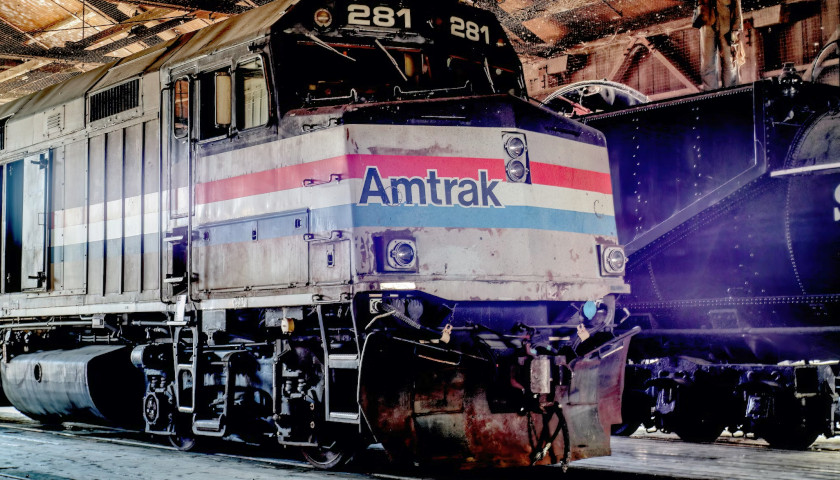by Anthony Hennen
Though many celebrated expanded Amtrak service for Pittsburgh, critics cry foul, pointing to long-term trends that work against train travel in western Pennsylvania.
The Allegheny Institute for Public Policy warned the $200 million state investment announced in September to bring twice-daily service from Pittsburgh to New York City was a misuse of taxpayer dollars, benefiting Norfolk Southern and Amtrak more than residents.
The money will be used for infrastructure and safety improvements on rails built and maintained by Norfolk Southern, PennDOT announced. A grant application could also mean the Federal Railroad Administration will provide money for the project if it succeeds.
“Expanding passenger rail service should have been the responsibility of the rail company itself and not the taxpayers of Pennsylvania,” Allegheny Institute Executive Director Frank Gamrat said in a policy brief. “If this makes good business sense to the rail company, it should pay the freight and pass it on to their customers and not pick the pockets of Pennsylvania’s taxpayers.”
The customer base is part of the issue at hand.
Passenger numbers have been stagnant for years and fell dramatically in Pittsburgh since the pandemic, according to data from the Rail Passengers Association and Amtrak.
From 2015-2019, riders on the now-expanded Pennsylvanian Amtrak service fell by 8%, from 231,700 passengers to 212,700. The pandemic cratered ridership by 40% in 2020, with a slight uptick of almost 1,000 riders the following year.
The association hasn’t released 2022 data yet, but Amtrak reported 176,130 riders in fiscal year 2022, a 37% jump from its 2021 numbers – similar to the RPA. While the recovery is heartening, it would still be a 17% decline from 2019.
The anemic growth numbers reflect ridership issues that the Allegheny Institute called attention to in 2013, when Amtrak wanted a $6 million state subsidy to operate the Pennsylvanian line to replace federal money.
“The announcement that PennDOT will spend more than $200 million for infrastructure and safety improvements should be met with serious skepticism. Upgrading safety measures to prevent derailments is a worthwhile investment,” Gamrat said. “But these rail lines are privately owned. Norfolk Southern will be reaping the benefits and should be required to perform maintenance and upgrades.”
Norfolk Southern has been under intense scrutiny since the February train derailment in East Palestine prompted millions in relief aid and left residents feeling overlooked and forgotten.
– – –
Anthony Hennen is a reporter for The Center Square news wire service, covering Pennsylvania, and co-host of Pennsylvania in Focus, a weekly podcast on America’s Talking Network. Previously, he worked for Philadelphia Weekly and the James G. Martin Center for Academic Renewal. He is managing editor of Expatalachians, a journalism project focused on the Appalachian region.








